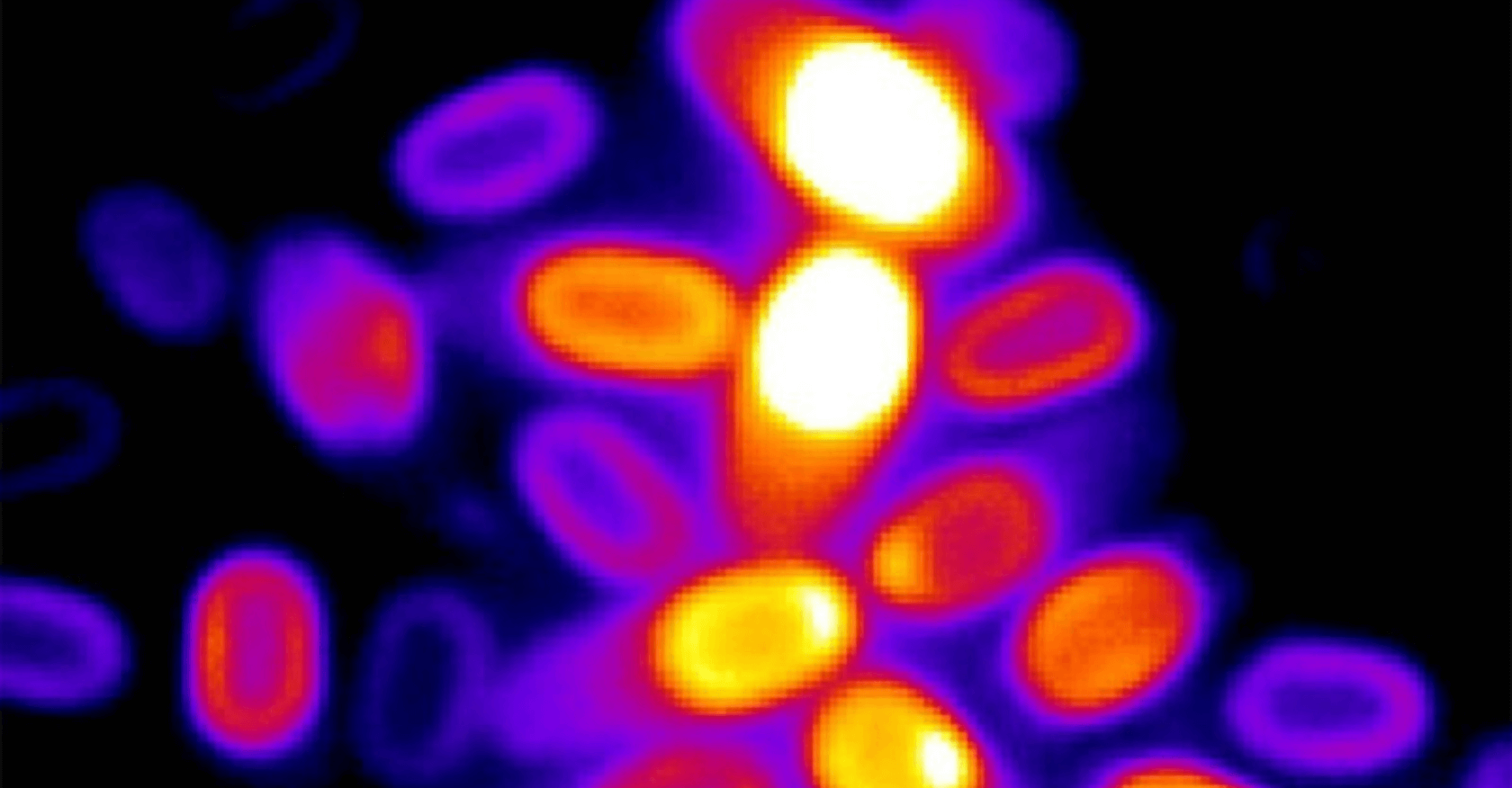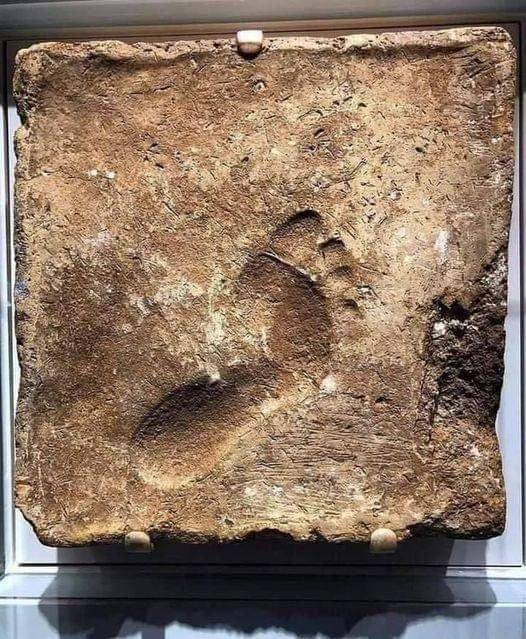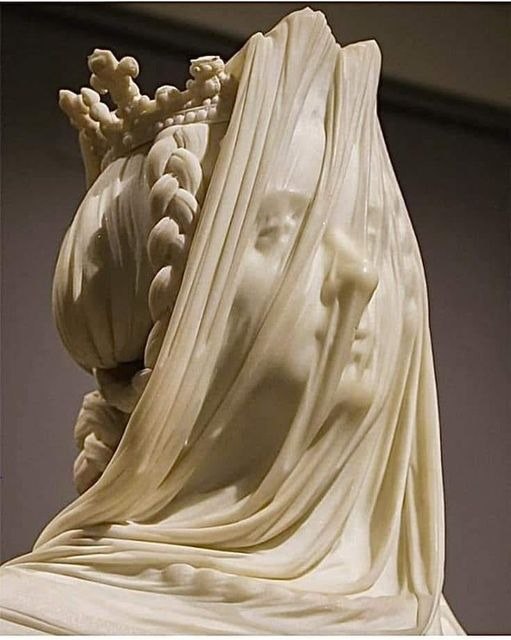"Plants of all kinds are hydrated solids". This comment of researchers from Columbia University, New York (USA) has shocked the scientific world. New research from Columbia University has discovered something unprecedented in science: Water plays a central role in the properties of natural plants such as pinecones, mushrooms, plants and trees. And from that they argue that plants are a "hydrated solid".
"Plants of all kinds are hydrated solids". This comment of researchers from Columbia University, New York (USA) has shocked the scientific world.
New research from Columbia University has discovered something unprecedented in science: Water plays a central role in the properties of natural plants such as pinecones, mushrooms, plants and trees. And from that they argue that plants are a "hydrated solid".

Spores expand strongly when water is added and contract when water is removed - (Photo: SCIENCE NEWS).
For example, the crystalline nature of salt is attributed to the bonding between sodium and chloride ions. Likewise, metals such as iron or copper gain strength due to the metallic bonds between their respective atoms. This principle also applies to substances such as fungi, bacteria, wood.
From the strange behavior of spores
The new findings emerge from the research team of Professor Ozgur Sahin, department of biology and physics, Columbia University.
The team discovered the strange behavior of spores, inactive bacterial cells in plants.
For years, Professor Sahin and his students have studied spores to understand why they expand so strongly when water is added and shrink when water is removed, according to science news site Scitech Daily.
And they've attracted media attention for harnessing that ability to create small, motor-like machines that run on spores.
However, they still don't understand why the spores behave the way they do. After years of pondering the potential arguments, Professor Sahin realized that the mysteries the team had repeatedly encountered could be explained: Hydration forces govern how water moves within spores.
The results of those experiments have led to a new study published in the June issue of the journal Nature, June 2023: "Solids Hydration".
The properties of matter depend on the force of hydration
The team argues that the properties of many biomaterials are actually caused by water seeping through these materials. Water creates a solid and further determines the properties of that solid, while maintaining its liquid properties. This type of material is a "hydrated solid".
When water is liquid, its molecules create balance. But when the molecules that form the biomaterial combine with water, the water molecules push the molecules of the biological matter away. That repulsive force is called the hydration force.
The argument of this new study finds that the force of hydration is what determines almost entirely the properties of biological matter, including its softness or hardness. This discovery surprised scientists.
Professor Sahin used a figurative language to describe the research: “When walking in the woods, we should really think of those trees as water towers that hold sugar and protein in place. It really is the world of water.”






